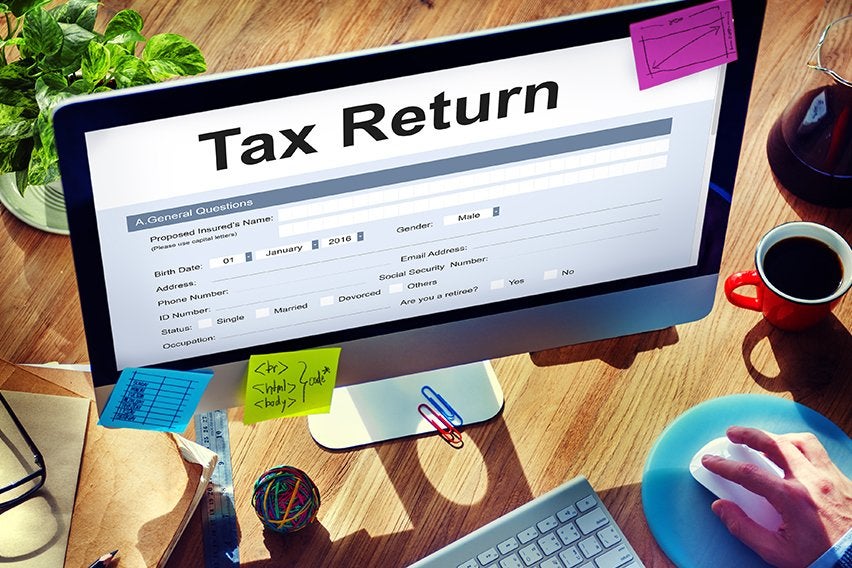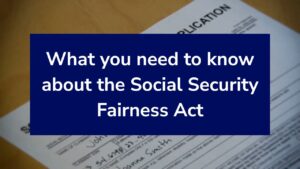Freelancing and gig work have become increasingly popular in the U.S., offering individuals flexibility and independence. However, with this freedom comes the responsibility of handling taxes in a way that differs significantly from traditional employment. Understanding tax obligations can help freelancers and gig workers avoid penalties and maximize their earnings.
Understanding Self-Employment Tax
Freelancers and gig workers are considered self-employed by the IRS. This means they are responsible for paying self-employment tax (SE tax), which covers Social Security and Medicare contributions. Unlike traditional employees whose employers split these taxes, self-employed individuals must pay both the employer and employee portions, which total 15.3% of net earnings.
To calculate self-employment tax, freelancers must file Schedule SE (Form 1040) alongside their tax return. However, they can deduct half of this tax as an adjustment to income on their return.
Quarterly Estimated Taxes
Unlike W-2 employees who have taxes withheld from each paycheck, freelancers must estimate and pay their taxes quarterly. The IRS requires estimated tax payments if a taxpayer expects to owe at least $1,000 in taxes for the year. These payments cover income tax and self-employment tax and are due on the following dates:
- April 15
- June 15
- September 15
- January 15 (of the following year)
To calculate estimated taxes, freelancers can use Form 1040-ES, which includes worksheets to determine the appropriate payment amount.

Tax Deductions for Freelancers
One of the biggest advantages of freelancing is the ability to deduct business expenses, which reduces taxable income. Common deductions include:
- Home Office Deduction: If a portion of your home is used exclusively for business, you can deduct expenses related to that space.
- Equipment and Supplies: Laptops, software, office furniture, and supplies used for work are deductible.
- Internet and Phone Costs: If used for business, a portion of your internet and phone bills can be deducted.
- Professional Services: Payments made to accountants, attorneys, and business consultants can be deducted.
- Travel and Meals: If work-related, travel expenses, including flights, hotels, and business meals, may be deductible.
- Health Insurance Premiums: Self-employed individuals may deduct health insurance premiums for themselves and their families.
Proper record-keeping is essential to claim these deductions. Using accounting software or hiring a tax professional can help manage expenses efficiently.
1099 Forms and Tax Reporting
Clients who pay freelancers more than $600 in a year are required to issue a Form 1099-NEC. However, freelancers must still report all income, even if they do not receive a 1099 form.
Freelancers should keep detailed records of all earnings, including bank statements, invoices, and receipts, to ensure accurate reporting.
Retirement Savings for Freelancers
Unlike traditional employees with employer-sponsored retirement plans, freelancers must set up their own retirement savings. Tax-advantaged options include:
- Solo 401(k): Allows freelancers to contribute both as an employee and employer, increasing savings potential.
- SEP IRA: A simplified pension plan for self-employed individuals, offering higher contribution limits.
- Traditional or Roth IRA: Provides tax benefits depending on whether contributions are pre-tax (Traditional IRA) or post-tax (Roth IRA).
Contributing to these plans not only secures future financial stability but also provides tax deductions.
State and Local Taxes
In addition to federal taxes, freelancers must also pay state and local taxes, which vary by location. Some states require additional self-employment taxes, and cities may impose business taxes. Checking state-specific tax laws ensures compliance and helps avoid surprises during tax season.
Dealing with IRS Audits
Freelancers have a higher likelihood of being audited due to the variability in their income and deductions. To avoid issues:
- Keep accurate and organized records of all income and expenses.
- Avoid excessive deductions that may raise red flags.
- File tax returns on time and make estimated payments promptly.
If audited, having a tax professional can help navigate the process and ensure proper documentation is provided.
Final Thoughts
Freelancing and gig work offer great flexibility but come with unique tax responsibilities. Understanding self-employment tax, making quarterly estimated payments, leveraging deductions, and saving for retirement are essential strategies to manage tax liabilities effectively. Proper planning and organization can help freelancers maximize their income while staying compliant with IRS regulations.





